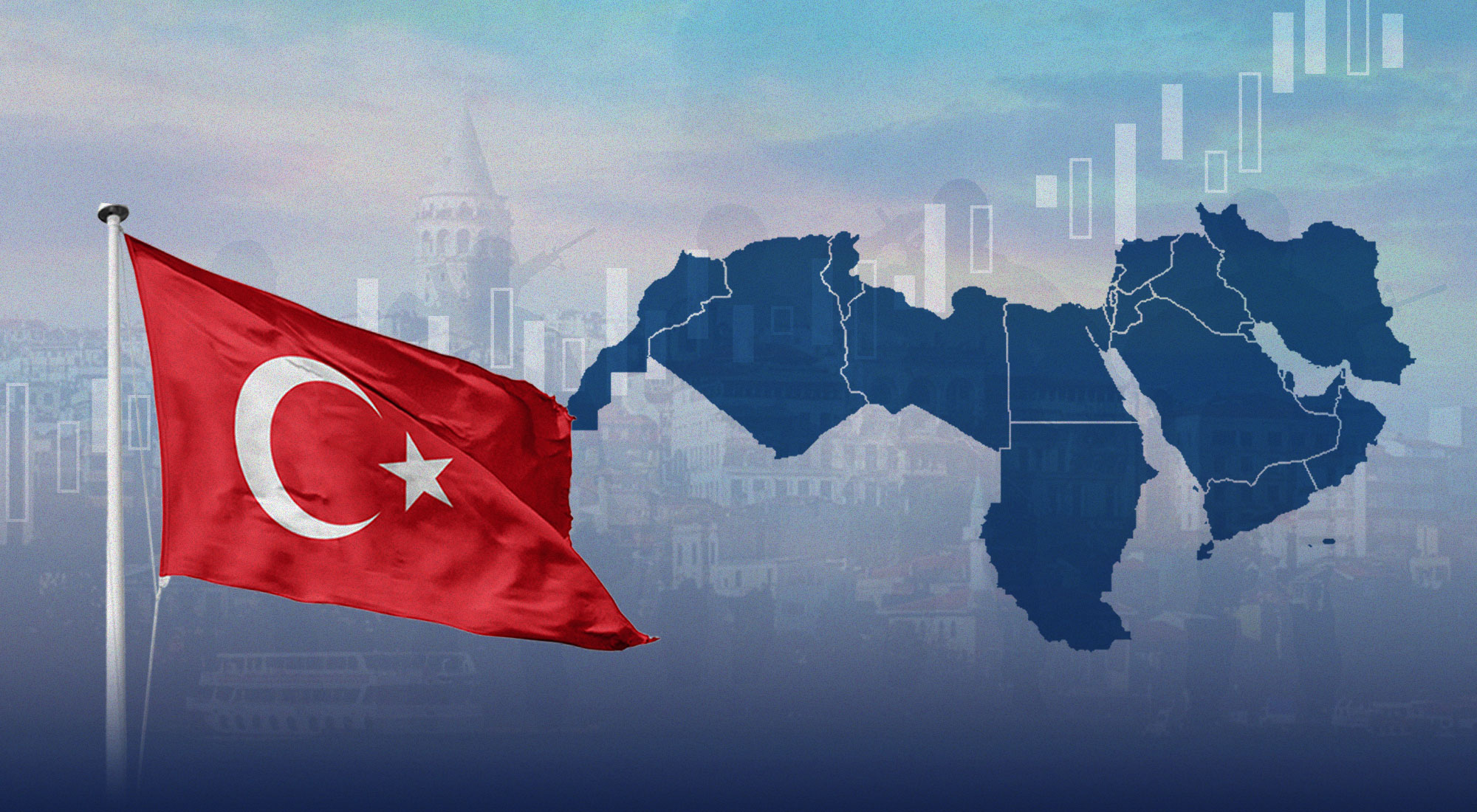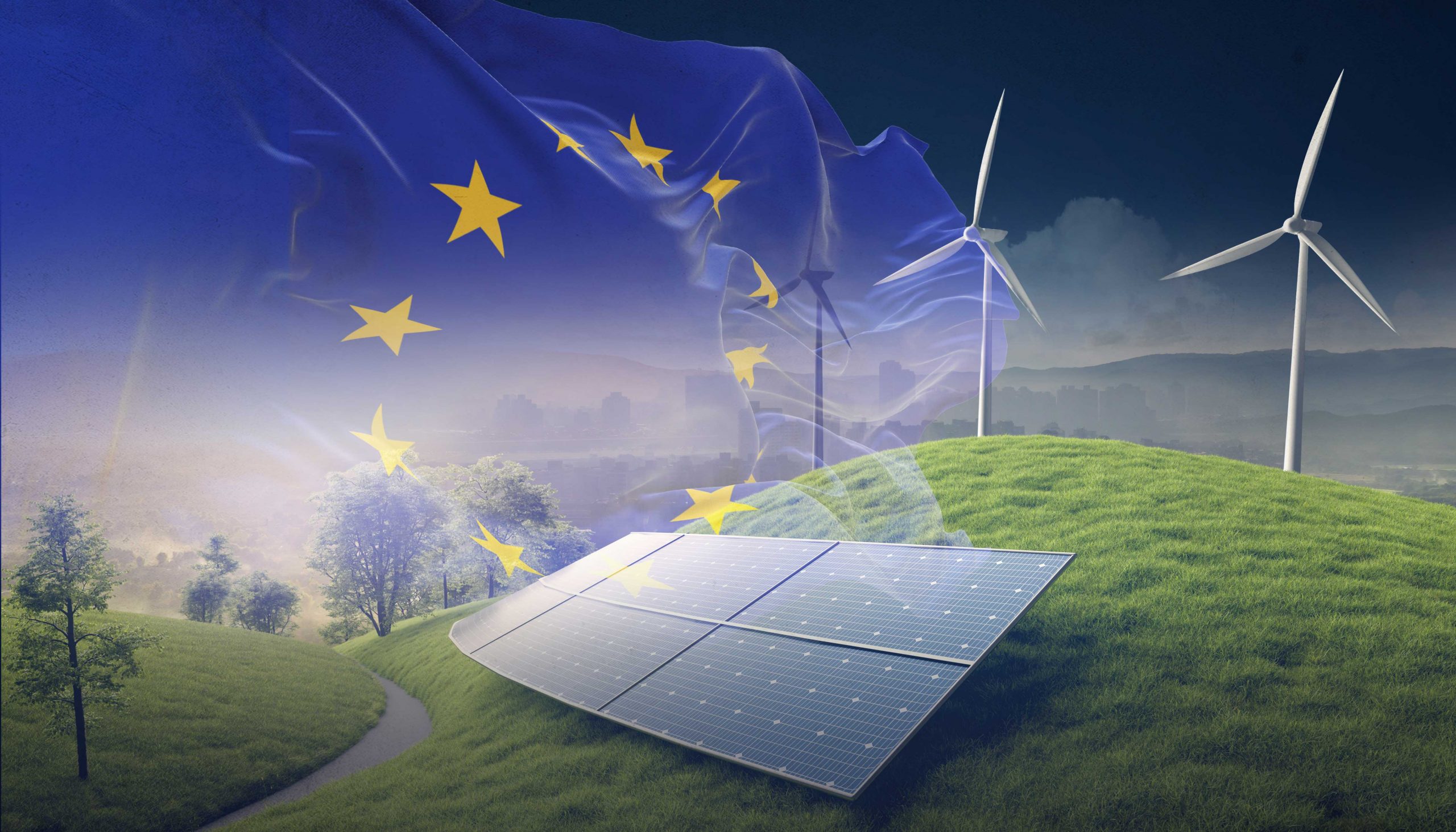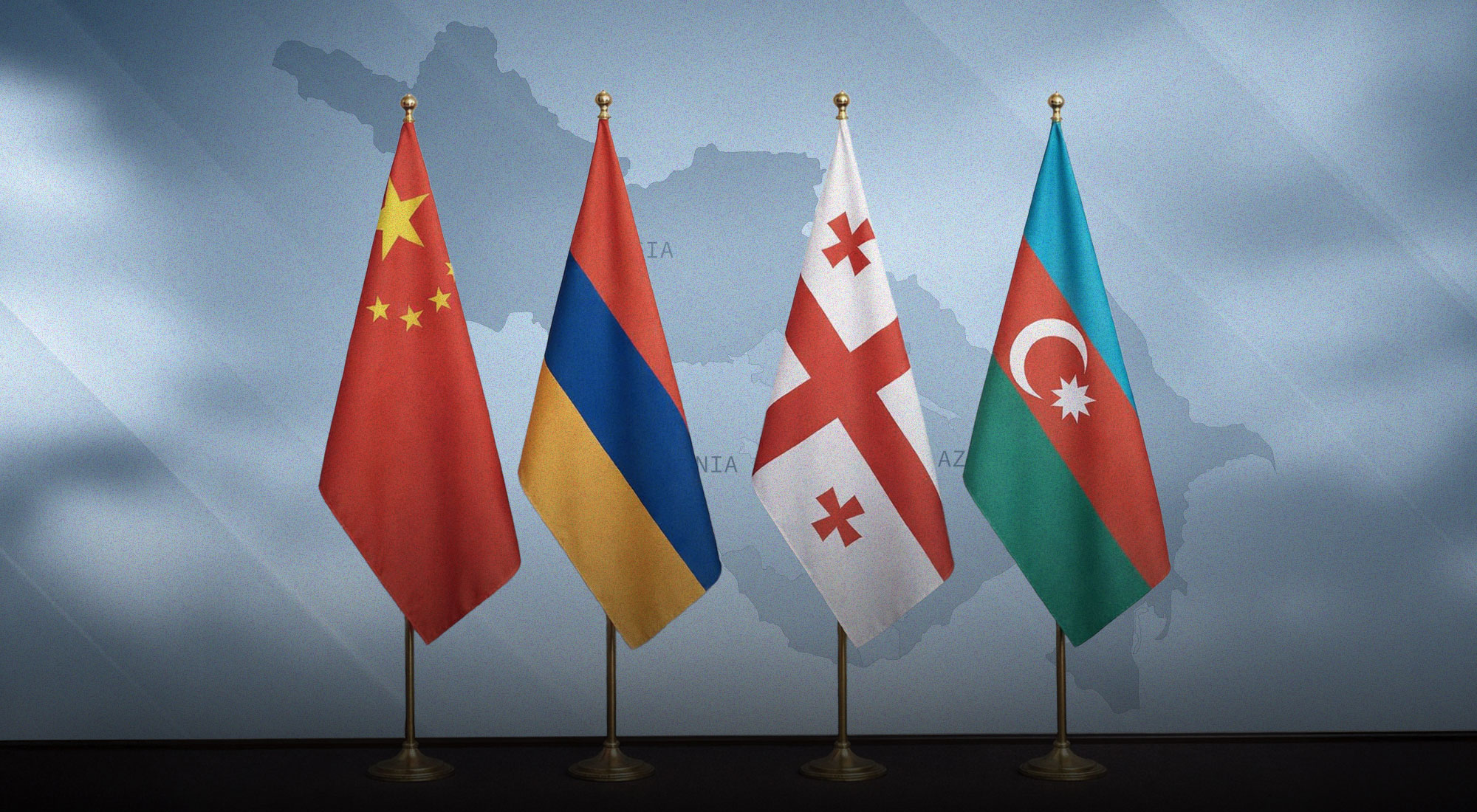The UN’s Water Security and the Global Water Agenda (2013), says that water security encapsulates multifaceted and interconnected challenges. It illustrates the centrality of water for all forms of security, whether related to more traditional forms of geo-political military security, or newer ones such as sustainability, development and human security. The concept of water security has gained traction in the global political agenda and garnered attention from national governments at the highest level, specifically as a result of its relation to all forms of security including peace and state security, but also for its implications for development issues (United Nations, 2013). As Margaret Catley-Carlson, the Patron of the Global Water Partnership, and former Chair of World Economic Forum Global Agenda Council on Water Security explains
“In 1911, John Muir observed how, ‘When we try to pick out anything by itself in nature, we find it hitched to everything else in the Universe.’ A century later, a gathering of the World Economic Forum discovered the same phenomenon. Four hundred top decision-makers listed the myriad looming threats to global stability, including famine, terrorism, inequality, disease, poverty, and climate change. Yet when we tried to address each universe force, we found them all attached to one universal security risk: fresh water.”
In the GCC – and elsewhere – water security is underwritten by multiple aspects ranging from biophysical to infrastructural, institutional, political, social and financial. Indeed, many of these factors are not directly related to water. The GCC water security agenda must become more inclusive and its tone must shift from hard security notions to be more developmentally-oriented and long-term. It is argued that the grave water security challenge facing the GCC is best addressed by embracing the Sustainable Development Goals (SDG) and supporting the identified mechanisms to achieve them. The 2030 Development Agenda and accompanying Sustainable Development Goals (SDGs) is an ambitious refocus of the Millennium Development Goals; it links international security to people, the planet, prosperity, peace and partnerships. The overarching aim is the simultaneous achievement of social, environmental and economic development, which underwrite water security which of course then confers state security.
For most people, water insecurity is rooted in power differentials, poverty and inequality, but in the GCC the issue lays in a physical scarcity of water, not a lack of access to water for economic, political, social and environmental reasons. Water security issues in the GCC specifically are linked to the inter-connected, cross-cutting issues of water scarcity, desertification, food insecurity, loss of biodiversity as well as land and coastal degradation. According to Verisk Maplecroft’s latest report, the GCC states of Bahrain, Qatar, Kuwait and Saudi Arabia are the world’s most water stressed countries, with the least available water per capita, by a recent ranking of 186 countries. The UN stated previously that all the GCC countries except Oman fall in the category of “acute scarcity” of water, adding that very few rigorous studies on underground water in the region had been done and cooperation between states on utilizing and managing shared aquifers was too limited. The scarcity of water in the GCC is intimately linked to other security issues, such as food and environmental security. Attempts to achieve food self-sufficiency drive agricultural policies heavily dependent on a limited supply of water. The United Nations has produced research showing there are worrying patters of waste in the consumption of water in the GCC states, which rank among the world’s highest consumers of water, ranging between 300–750 litres per capita per day.
Fanciful ideas of combatting water insecurity include importing water from numerous areas around the world (e.g., the Antarctic, the Nile, Iran, Pakistan, or Turkey (the Peace Pipeline)) although these have all run into countless political, economic and technical barriers. Many people believe that desalination is the answer. Most of the potable water demands are currently met through desalinized water and GCC countries are leaders in desalination technology. However, running so many of them is also increasing the level of salt concentration in the Gulf through highly saline brine discharge, which will not only make desalinating progressively more expensive, it will make it far more challenging. The very well-known supply and demand problem is compounded in the context of trends on population growth, higher living standards, urbanization, the enlargement of irrigated agriculture and increased industrial activities all of which are compounded by climate change patterns.[1] . In this context, the implications relate to the future prosperity of the GCC, but also the sustainability of their past economic and social achievements. There is no question about a necessity to better manage water resources and to place water security for the GCC within a wider development context anchored in international engagement and rooted a commitment to and pursuit of the SDGs.
According to the UN Water 2013, water security is “the capacity of a population to safeguard sustainable access to adequate quantities of acceptable quality water for sustaining livelihoods, human well-being, and socio-economic development, for ensuring protection against water-borne pollution and water-related disasters, and for preserving ecosystems in a climate of peace and political stability”. Thus, water security is more than an issue of protecting the environment, it is also a call for the good governance of water resources and as the UAE’s 2016 Water Summit concluded that requires vertical and horizontal integration of technology, efficiency and innovation shared between states and across political divides. The UAE delegation at the recent Summit stated that responsibility for water resources globally and regionally is currently compartmentalized and fragmented between different nations, its ministerial authorities and local municipalities. This is contributing to poor integrated water resource management. Incorporating water policies into the work of all sectors whether finance, urban planning, agriculture, energy, tourism, industry, education or health, is the key. Clearly, water is a cross-sectoral issue.
The biggest global water-related conference in the world, the 7th World Water Forum, was held April 2015 in the Republic of Korea. It brought public and private sectors together with academia and industry and built upon previous global discussions stressing the links between water security and international peace. Global discourse has continued based on the conclusions of the High-Level Roundtable Discussion on Water, Peace and Security jointly hosted by the US, the EU and UN-Water in particular, which took place during the 67th Session of the United Nations General Assembly in September 2012. At the recent World Water Forum, the UAE Minister of State and Chairman of Masdar, Dr. Sultan Al Jaber, picked up on the continued key themes of the global conversation on water. He called on nations to unite and commit to tangible activities to address water scarcity challenges in the GCC, but he added – and ensure global water security reflecting some initial engagement with the SDG. Dr. Jaber continued to say “the UAE is determined to move from water scarcity to water security. As such, our leadership has set an ambitious target to reduce our water footprint by 20 per cent by 2030 […] through a mix of conservation practices, innovative technology solutions, policies, and partnerships with the global community.” In addition to the pioneering renewable energy powered desalination pilot project, spearheaded by Masdar, the UAE illustrated its efficient wastewater collection, transportation systems and advanced hydroponics techniques.
In the GCC, water concerns are immediate and this may be in part why the states tend to focus internally. For instance, water security issues in the UAE are intimately tied to food security with more than half of Abu Dhabi’s water consumption is used for agriculture and wastage accounting for a noticeable portion. Although optimal management policies are not in place or sufficiently aligned with the SDGs yet, existing practices are changing in areas such as planting saline resistant crops and working with famers on conservation matters. If water security is approached through the lens of the SDGs, the strategies shift. Initiatives such as planting in optimal seasons, reusing wastewater, making irrigation less water wasteful and embracing the concept of “virtual water” [2] are all excellent. The real solutions are not in thinking about efficiency or innovation as end goals, rather they ought to be approached in such a way that they are outcomes. If going further includes thinking of food and water in the context of regional and global development, poverty reduction and innovative urban design and unique approaches to capital investment then these take on enormous relevance to the GCC.
The SDG have relevance to the GCC’s requisite long-term strategies to address water insecurity. SDG #6 sets out eight targets to address matters such as access to safe water and sanitation, water quality, water-use efficiency, ecosystem protection, transboundary cooperation and integrated water resources management. The key to addressing these issues lays in capacity development and strengthening of communities. In the latter case, these communities are those where the foreign land blocs are situated, where there where hunger issues and poor infrastructure, which if invested in can transform economies, for instance. Beyond SDG #6, a number of others indirectly support it either through quantified water-related targets or effective water management for their attainment. These include goals pertaining to health (SDG #3), cities (SDG #11), consumption–production (SDG #12), marine resources (SDG #14) and terrestrial ecosystems (SDG #15). Embedded among these SDG is the notion of the criticality of cross-linking SDGs, themes and sectors in order to heighten water efficiency. Beyond these, successful water management is required for all SDGs making it fundamental for the achievement of the overall 2030 Development Agenda, an agenda that, progressively, is underwriting understandings of international security.
Relevant questions for GCC states to ask on water security are: How can we best help those countries where the capacity to achieve SDG water-related goals and targets is simply missing? Is there scope for a large fund (possibly global) to function much like the Green Climate Fund that can promote capacity? In the medium-term, how GCC governments and ministries reallocate their resources to be multi-functional? What are the correct tools to systematically analyse GCC water challenges and solutions, not just for today, but for at least the next 15 and 50 years? What would developmentally recast GCC water-related policies and investments look like? What is clear is that if states continue to be water self-interested, it will degrade water security and contribute to conflict. The approach to water security has to be local, regional and global. To promote water security in the GCC, governments must work to interweave water strategies with developmental perspectives of state security, contextualized against international and human security. In short, the SDGs are relevant to the GCC’s water security by way of an interdisciplinary, collaborative, cross-sectoral approach that involves grassroots communities, transcends political borders and operates within an international institutional framework of inter-state cooperation. Indeed, the key aspects for GCC water security lay in improved water resource management, good governance, international cooperation and engagement with solid framework agreements.
[1] Salim, Nidal and Nina Ninkovic. 2010. “Water Resources: A National Security Issue For The Middle East”, in Peace And Prosperity Through World Trade, F. Lehmann and J-P. Lehmann, eds, (Cambridge: Cambridge University Press, 2010), 216.
[2] The virtual water concept is based on the amount of water needed to produce the goods imported into a country. For example, when a country imports 1 tonne of wheat, it is in effect, importing the water required to produce that crop. Trade in virtual water allows water scarce countries to import high water content products rather than produce them, which makes it available for other purposes.








